What Working Virtually Has Taught Me

1. Digital Communication
I found myself learning to be more comfortable getting on calls and communicating with my team and client regularly despite being across 3 different time zones. This aspect of communication is something that I found myself glossing over but in a digital and post-digital age, this has become the bare minimum. Not only are individuals like us are forced to adapt but we see this with corporations as well – both internally with their employees and externally with their consumers. We always knew that technology was an extension of ourselves, but we weren’t prepared to (and didn’t have to) rely on this extension in place of our real selves.2. Dealing with Uncertainty
My second takeaway is being comfortable in situations where you don’t have all or any of the answers. Not having all the historical data and expectations on some aspects of a project was frustrating at times because no one had any idea what to expect. I realize now that having information is a privilege and in many aspects of work and life, you can’t expect to know what is up ahead. Instead, taking the time to research and prepare yourself is sometimes the best course of action – trust your gut! Even then, we must accept that things can change or not go as we excepted. It’s important in these moments that we keep a level head. Being comfortable and adaptable in these situations are skills that I value more through this experience and I can see myself reflecting on these times in the future when facing a similar situation. 3. The Value of Reflection Lastly, my internship taught me how to reflect on my experiences. WFH (Work from Home) culture has its perks and its downfalls – one of them being that I had to invest in an entirely new computer for all the programs I was running, and my eyes were dry constantly from working at my laptop. This may sound like a first world problem but it is nonetheless still very real. Bonding with team members and clients was difficult to do as well because instead of having an in-person conversation over a meal or a casual activity, every way of communication is done through video chat or social media. While video technology can be quite effective, technical difficulties, network connections, and the overall lack of physical interaction made it difficult to stay engaged. Recognizing these points allowed me to learn that I value work culture and team bonding a lot more than I thought I did. However, at the end of the day, we delivered a fantastic presentation worthy of our client’s satisfaction.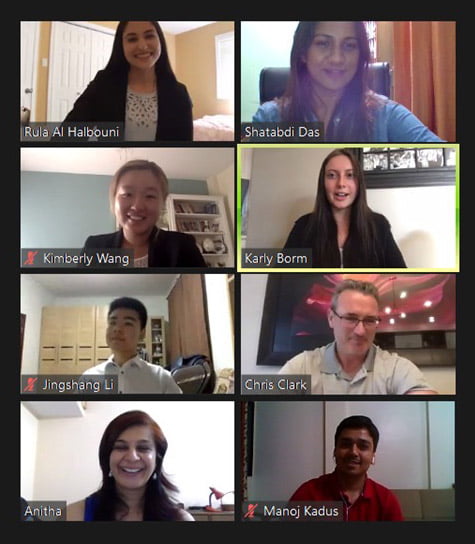
I was thankful I had Authentica’s help through this experience – when we were faced with tough cultural or logistical situations, we could always count on our coach for an informed and clear suggestion. I appreciated how we were allowed to keep our style of communication while also getting the message across to our stakeholders in an appropriate manner. Especially in a virtual setting, miscommunication can often be a driving force for misunderstandings between cultures. Thus, having a team to use as a sounding board really helped my team gain the confidence that we needed to do our job.
In all, your experiences are really what you make of it. Going into this virtual format with an open mind helped me navigate some of the hardships that I came across and in hindsight, I learned a lot more about myself than I thought I would. Looking ahead, COVID-19 can serve as a catalyst for many firms’ digital transformation timeline. What that means for individuals like me is that we must prepare for this by equipping ourselves with the necessary skills and mindset to succeed in this new environment.
Subscribe To Our Weekly Newsletter
Recent Post

Study Abroad in Florence: Ultimate Guidebook
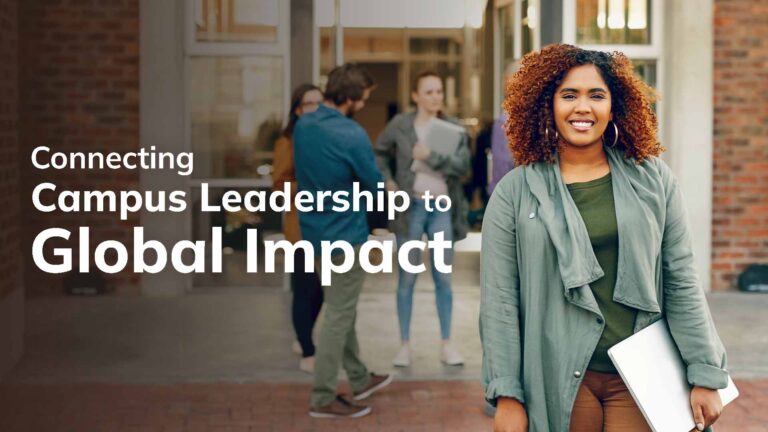
The Future of Campus Jobs: Where Purpose Meets Paycheck
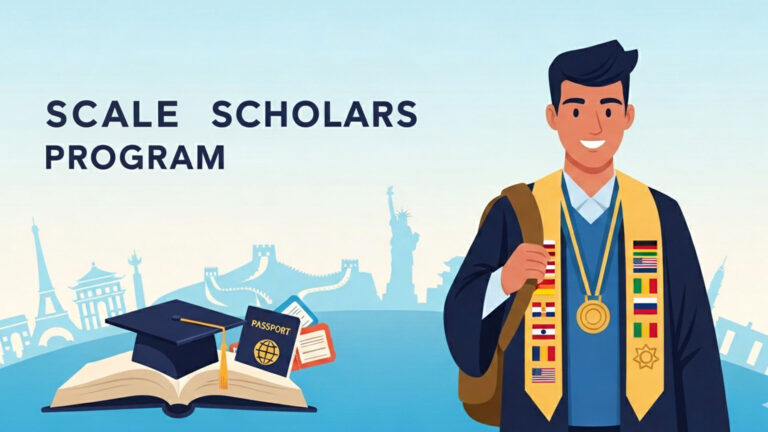
How to Find Study Abroad Scholarships That Match Your Values and Goals

Categories
Recent Blog

Study Abroad in Florence: Ultimate Guidebook
Florence—the birthplace of the Renaissance, where cobblestone streets wind past centuries-old palazzos, where Michelangelo’s David stands in silent testimony to human creativity, and where every piazza tells a story. If you’re considering studying abroad in Florence, you’re not just choosing a destination; you’re choosing transformation.
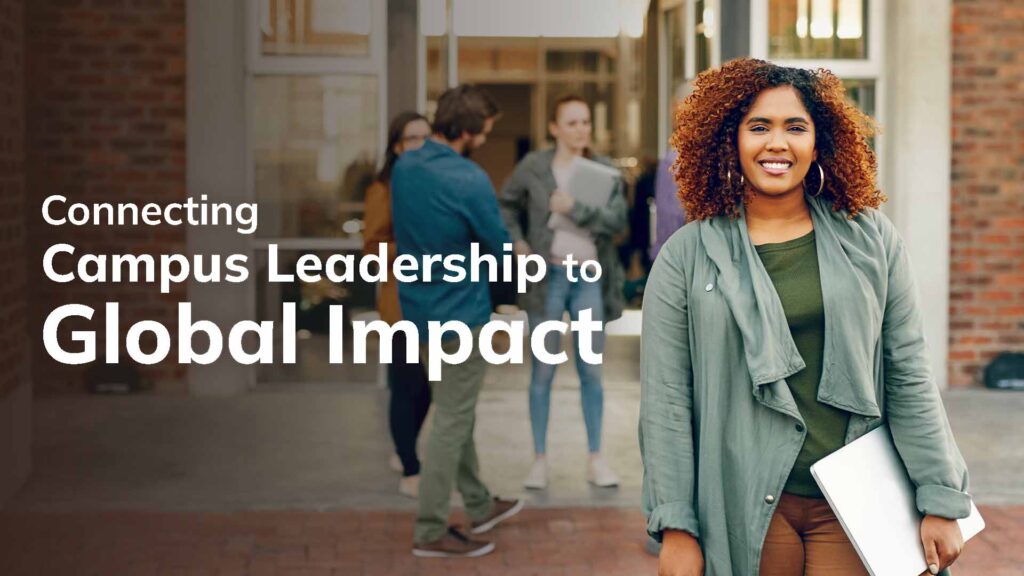
The Future of Campus Jobs: Where Purpose Meets Paycheck
Looking for campus jobs that actually align with your values? Here’s why the future of student employment is changing – and how you can be part of it.
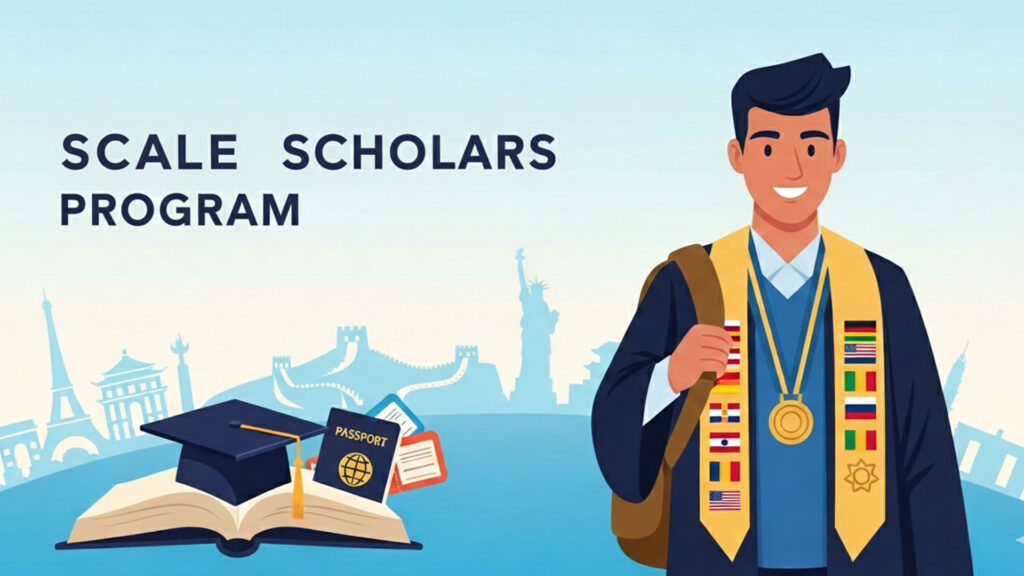
How to Find Study Abroad Scholarships That Match Your Values and Goals
Dreaming of studying in Florence, sipping coffee in a Barcelona café, or immersing yourself in a new culture while earning academic credit? You’re not alone.

Top Destinations in Asia for International Business Study Abroad Programs
Discover top locations in Asia for international business study abroad programs that offer rich cultural experiences and invaluable opportunities for internships and networking.

